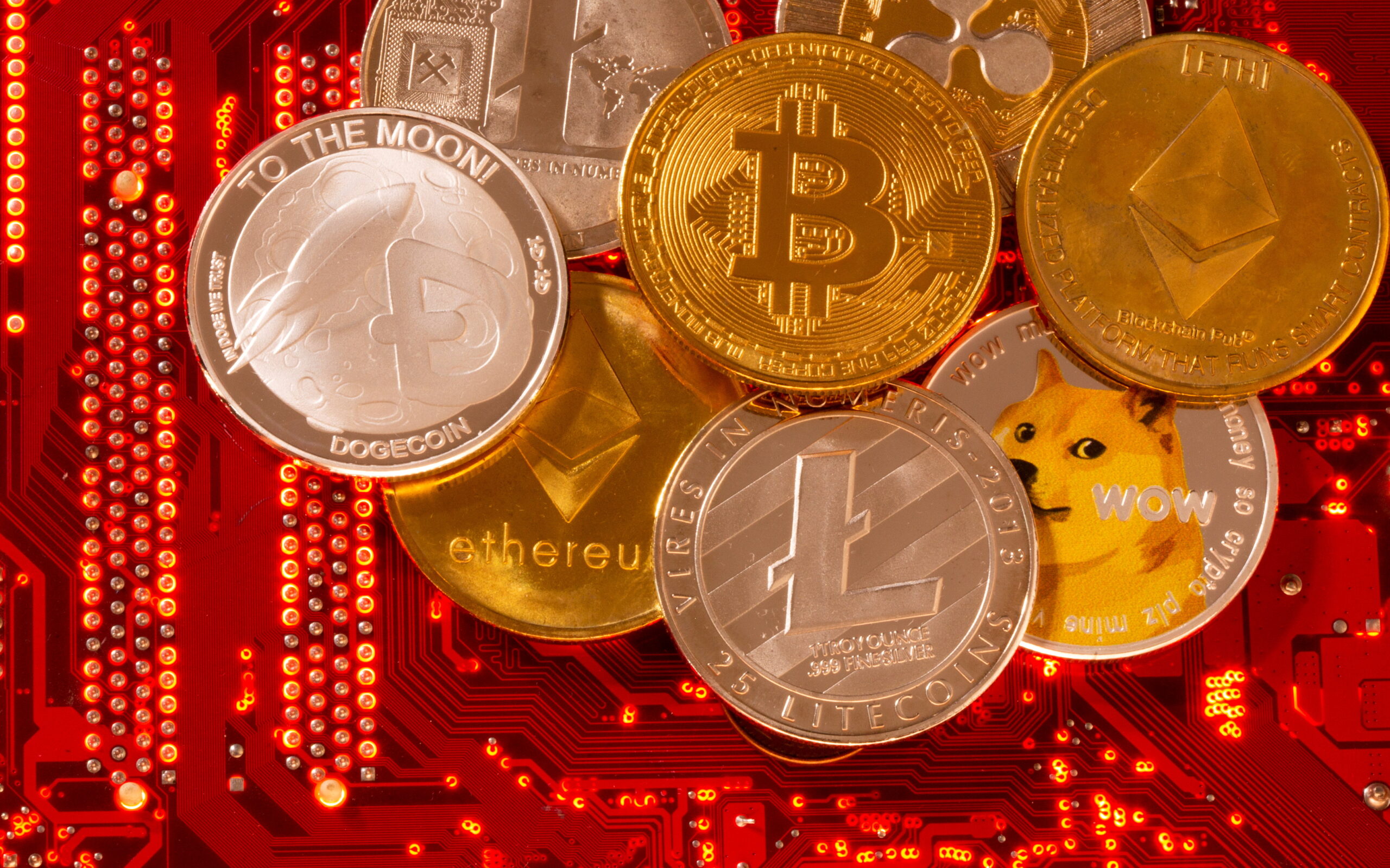NFTs (or Non-Fungible Tokens) have become the new investment craze – surpassing $40 billion in transactions in 2021.
A growing number of celebrities are jumping in on the action, with stars like Tom Brady, Snoop Dogg, Paris Hilton, and The Weeknd all ‘dropping’ their own NFTs or going public about their big investments in the new technology.
Even the ever-mercurial Elon Musk temporarily got in on the game, reporting he would sell his song about NFTs as an NFT before backing out and labeling the new NFT-obsessed digital landscape as a ‘sign of mental illness’.
The speed with which the NFT bonanza swept across the internet has left little time to ask some fundamental questions about the rights of NFT creators, artists, and the hundreds of thousands who are investing in the technology.
First Off, What Exactly Is an NFT?
In short, NFTs are digital files with a unique identity that is verified on a blockchain. Unlike crypto currencies like Bitcoin, NFTs are not ‘fungible’, meaning they are not interchangeable in the way that any crypto coin is with another of its type, or the way that one dollar bill is interchangeable with any other.
Instead, an NFT amounts to a digital certificate of authenticity. An NFT represents the supposedly unique ownership of a particular digital asset – like an artwork, recording, or even a piece of virtual real estate.
One significant downside is that the blockchain does not store the underlying digital asset itself. Rather, it stores a unique link to the asset. That means that when you buy an NFT, you don’t buy the actual digital asset. You just buy the link to it.
But that is not the end of the story. The real question for NFT investors is what rights does this digital certificate of authenticity actually convey?
Importantly, the sale of an NFT does not necessarily transfer the underlying copyright to the purchaser.
Under U.S. Copyright law, the creation of an NFT can be categorized as a copy or as a derivative of the original artwork. And the only person with the authority to transform the original work into an NFT is the copyright holder.
Only the copyright holder has the right to reproduce, prepare derivatives, distribute copies, publicly perform, and publicly display the original work.
Not surprisingly, there have been a host of artists recently complaining that fraudsters have copied their works and sold or attempted to sell them as NFTs without the artist’s permission.
Anyone who creates an NFT using another’s work should ensure they have permission from the copyright holder to avoid potentially substantial liability.
As for buyers, it is important to consider the rights of any potential copyright holder before investing in an NFT. Each NFT is unique, and NFT trading platforms are wildly inconsistent in terms of how they handle the transfer of copyright rights, if they do at all.
The blockchain alone cannot tell the buyer whether the NFT is merely a copy of someone else’s copyrighted work, rendering it worthless and the buyer subject to potentially significant liability if they resell the work.
Unless a separate agreement is made between the buyer and the copyright holder, the buyer owns nothing but a unique hash on the blockchain with a link to a file containing the work.
The Lesson?
As with any substantial investment, both creators and buyers of NFTs should do their due diligence before jumping aboard the NFT train.
You should understand who owns the copyright to the work, ensure the copyright is properly transferred or assigned to the purchaser, and avoid transactions that might violate an artist’s rights in the underlying work. For expert assistance on this complicated legal issue, contact the experienced attorneys at The Myers Law Group.







